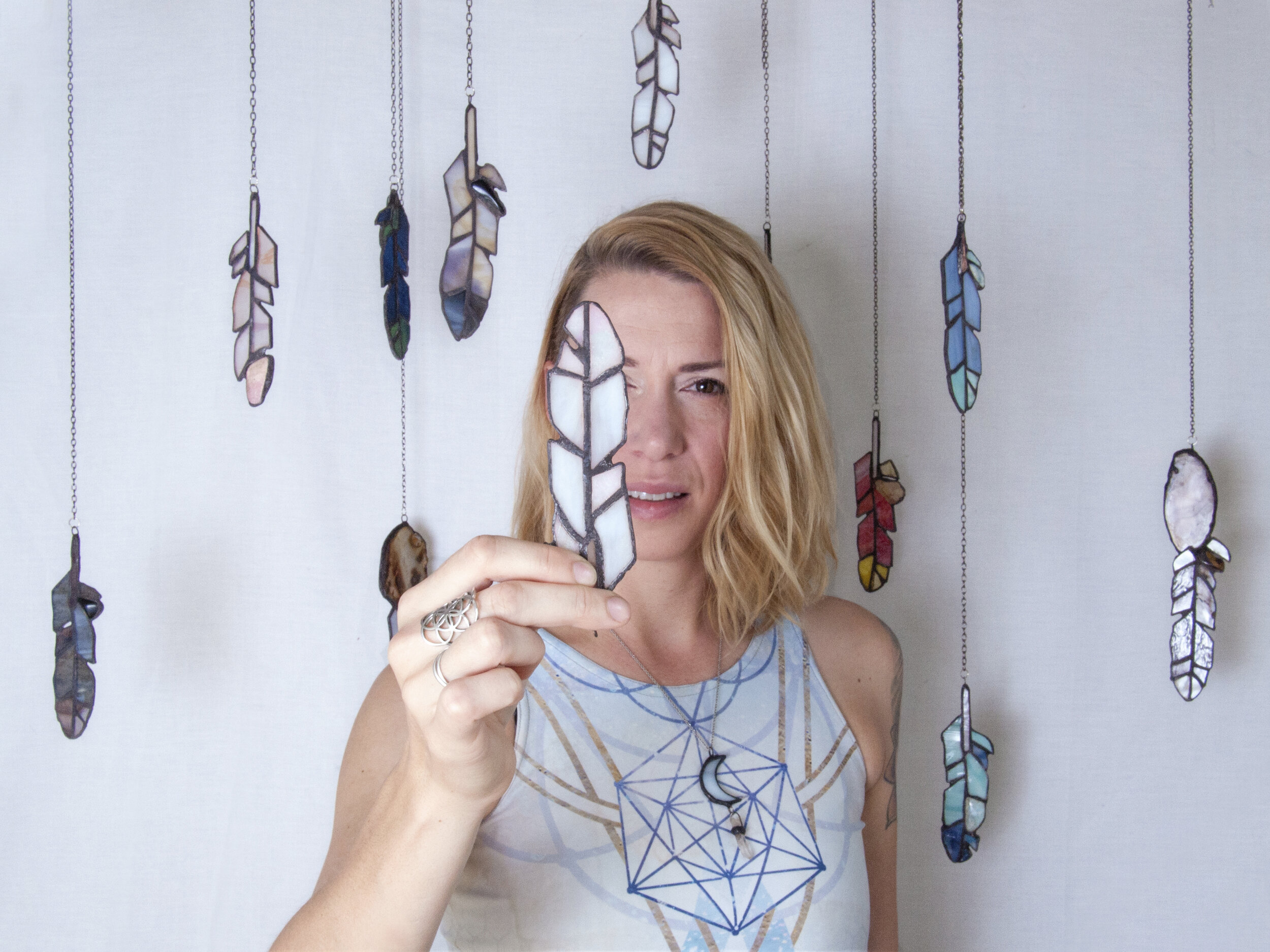
In the last week, the coronavirus has escalated from a serious issue to a world pandemic. Governments are implementing never-before thought of travel bans, isolation practices, and extreme measures to try and control this thing. If you're not feeling at least a little bit afraid by now, you're in the minority.
I'm currently stuck in Utila, Honduras, a place I never thought I'd be during a global crisis. While I'm on a relatively safe island with pretty good food security, the situation keeps getting scarier. The regulations are getting stricter with each passing day, and it's a big unknown around how badly this will escalate.
At this moment in time, the Honduran government has cut our island off from the rest of the country. The grocery stores have been picked over, with no news of when they'll send more supplies to us. Paper mask and glove-wearing military personnel are roaming the island, enforcing an 8 pm curfew, and dispelling large groups of people. You can go to jail if they catch you drinking, with fines if they find you in groups of over 30.
Although this island grows a bunch of its food and we might be completely fine (even way better off than some places), it's hard not to get caught up in patterns of fear about all of the terrifying things that could happen during this. However, being afraid doesn't help anyone; in fact, it makes things way worse. So what can we do when we get stuck in fear?

Take Time To Process
Nothing ever got solved by pretending it doesn't exist. What's happening right now is a big deal, so take the time to sit with it and feel whatever you're feeling. It's okay to feel freaked out or worried for a bit, as long as you don't let those feelings control you.
Take the time to think critically and get educated about what's going on. Stop listening to hype news that sells headlines by telling you how awful everything is. Read the science, listen to people who are experts, and do what they recommend.
However, once you've gotten educated and prepared about the situation, let it go. You control your thoughts; your thoughts don't control you. Once you know that there's nothing left you can do, there's no point in stewing about what may or may not happen. Letting your thoughts spiral is the best way to lose touch with reality, which can cause behaviors that will make the situation worse. At the very least, for yourself, if not others.

Move Your Body
When we get scared, we tense up, telling our sympathetic nervous system to create adrenaline and cortisol. The point of stress is to get our bodies prepared for fight or flight when we're in danger, and the biological response to stress should be a burst of energy that burns off stress hormones.
However, when we're in situations like this, our body doesn't get the chance to respond to our feelings of fear. There's no tiger we can run from, this virus is invisible, and stress won't help us fight it. So we close down, we hunch up, and our body creates even more hormones to compensate. The cycle that this creates makes our bodies feel even more uncomfortable and helpless.
The great thing about this is that almost any form of motion can remove these hormones from your body. I know we may all be stuck inside, but instead of just fear-watching tv, take the time to move. Do yoga, dance around, learn tai chi, follow a workout video. Doing anything at all will increase your sense of well-being, pump up your endorphins, and help remove your fear.

Help Others
When we feel afraid, our focus gets narrow, and we can only think about what's best for ourselves. That's fine if we're dealing with immediate danger (like the tiger), but bad when it comes to sustained issues. Problems like this require long term problem solving and community participation, so we need to get our brains out of fight or flight.
One of the best ways to move your brain out of its fear is to think about others. Start to focus on what someone more disadvantaged than you might need in this situation and then brainstorm ways you can help. Doing this not only will make your community better, but it will also make you feel less afraid.
Doing good is proven to help reduce stress and increase feelings of well-being. When we nurture others, it positively affects our physiology and releases oxytocin, the natural cure for fear. When we help others, we're also helping ourselves, and the whole community benefits as a result.

Be Grateful
The science behind gratitude is pretty compelling. People who have regular gratitude practices are proven to have more positive emotions, feel more engaged with and happy about their lives, show more compassion, experience less stress, sleep better, and have more robust immune systems. No matter how rough your current situation, there's always something to be grateful for.
Gratitude is an affirmation of the world being a good place. It reminds us of all the beauty in the world, and all of the benefits we receive on a daily basis. It helps us block our natural tendencies towards negativity that ruins our happiness. When you're in gratitude, it's pretty impossible to experience feelings of resentment, anger, or fear.
It also helps us realize where goodness stems from, which is often our community. It strengthens relationships because it makes us understand how much other's support us. It reminds us to acknowledge other people, which in turn makes us feel more connected and benevolent to the world around us.
One of the best things to do when you're experiencing fear is to take some time to be grateful for what you have. Whenever you feel overwhelmed, turn your thoughts to all of the ways you're supported and okay. Spend some time writing them down or tell them to others. It will naturally remove the stress from your body, making you calmer, better able to problem solve, and happier about your situation.

Get Creative
We're currently in a situation, unlike anything we've experienced before. In all likelihood, this pandemic will not only lose us lives but also bankrupt many of us and tank world economies. It's hard not to get overwhelmed when thinking about the possible outcomes.
Since we've never experienced this before, we're going to need to use creative problem solving to figure out solutions where conventional thinking has failed. It's time to play, dream, and imagine. It's time to innovate and move the world in exciting new directions. Imagination is the key to solving this, and it needs to start with everyone.
Spend some time thinking about what you want your future to look like. Draw it, write it, talk about it. Be positive; get excited about the potential. Don't limit yourself but think as far outside of the box as you can imagine. As an artist, I play with this all of the time, and it's one of the skills that help me turn the impossible into reality. I know that I can create anything from thought, but it has to start with the dream.
One of the greatest things about using your imagination like this is that your brain doesn't actually differentiate between your thoughts and your experiences. It is one of the principles of positive visualization. When you let your imagination joyfully run wild with potential, excellent physical responses follow. When we play with possibilities, we make ourselves happier with the potential of creating real change.

We Can Do This
I know that it's really scary for some of us right now. It's hard to be locked in our houses, hard not obsessively to watch the news. It's going to take some real self-work to be calm and productive about this. However, I do believe that the best way to get through this is by taking care of ourselves and remaining a community.
The whole world is our community right now, and we need to have each other's backs. If we do the work to dilute our fear and help each other, I believe that we can come out of this stronger.


























